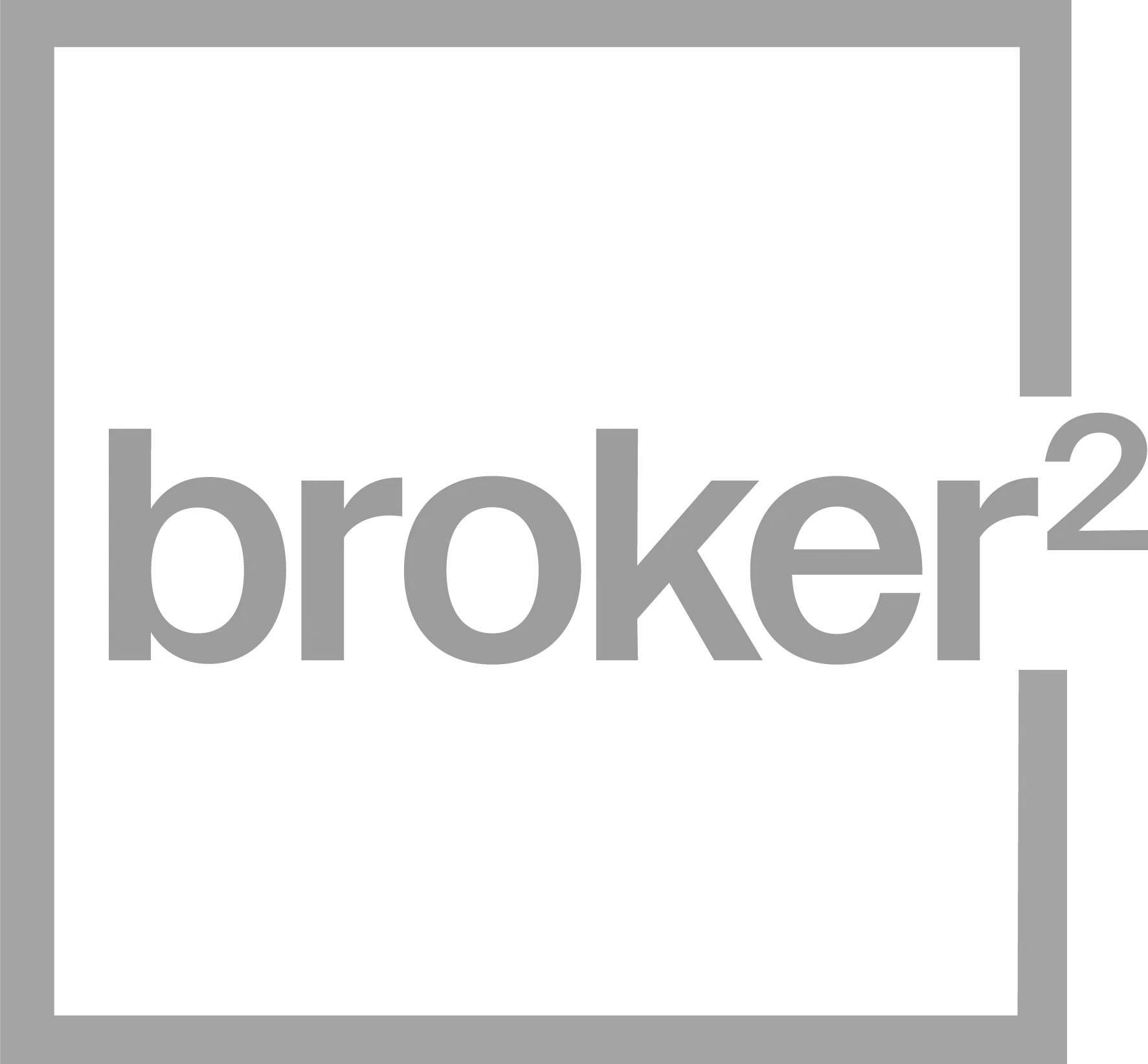Your Financial Plan to Becoming Debt-Free Post-COVID
Tara Gentles • May 20, 2020

Although everyone is experiencing the impact of COVID-19 differently, one thing has become evident. As a result of the pandemic, we’re all paying closer attention to our finances. Looking at life post-COVID, it’s going to be essential to have a financial plan.
Here are some action points to consider as life returns to some sense of routine and as you plan your financial future.
Pay off your revolving consumer debt first.
If you have consumer debt, or if you’ve gone into debt to cover your expenses through social-isolation, paying off any consumer debt should be your priority. This would be your credit cards and line of credits.
You want to start by making any additional payments on the highest interest debt while maintaining minimum payments on everything else. Once the first debt is paid off, roll all your payments onto your next debt. And so on, until you’ve paid off all your revolving consumer debt.
Set up an emergency fund second.
It doesn’t make much sense to put money in a bank account for an emergency fund when you have revolving debt that is incurring interest. Once you’ve paid off all your revolving debt, you will still have access to that money again should you need it, which acts like an expensive emergency fund before you have money in the bank.
Finance experts suggest you should have 3-6 months in a savings account in case you lose your job or experience unforeseen health issues. And in the face of the most recent global pandemic; the unexpected has just happened, this is the proof that the experts are right, and having an emergency fund is an excellent idea.
Then pay off your instalment loans.
With all your revolving debt paid off and a healthy amount of money in the bank to prepare for the next national emergency, you should start paying off your instalment loans, like a car loan or student loans. Start with the highest interest loans first, working your way through until everything is paid off. Most loans will allow you to make additional payments, double-up on payments when possible.
Start saving for a downpayment.
If you don’t yet own a home, and you would like to work through a plan to get you there, please contact me anytime. Although you don’t have to be completely debt-free to qualify for a mortgage, the less money you owe, the more money you are allowed to borrow in mortgage financing.
And the same principles used to pay down your debt can be used to save for a downpayment. The more money you have as a downpayment, the more you qualify for, and the less interest you will pay over the long run.
If you already own a home, you’re debt-free, and you have a healthy emergency fund, you should consider accelerating your mortgage payments.
Accelerate your payment frequency.
Making the change from monthly payments to accelerated bi-weekly payments is one of the easiest ways you can make a difference to the bottom line of your mortgage. Most people don’t even notice the difference.
A traditional mortgage splits the amount owing to 12 equal monthly payments. Accelerated biweekly is simply taking a regular monthly payment and dividing it in two, but instead of making 24 payments, you make 26. The extra two payments accelerate the pay down of your mortgage.
Increase your mortgage payment amount.
Unless you opted for a “no-frills” mortgage, chances are you can increase your regular mortgage payment by 10-25%. This is an excellent option if you have some extra cash flow to spend in your budget. This money will go directly towards paying down the principal amount owing on your mortgage and isn’t a prepayment of interest.
The more money you can pay down when you first get your mortgage, the better, as it has a compound effect, meaning you will pay less interest over the life of your mortgage.
Also, by voluntarily increasing your mortgage payment, it’s kind of like signing up for a long term forced savings plan where equity builds in your house rather than your bank account.
Make a lump-sum payment.
Again, unless you have a “no-frills” mortgage, you should be able to make bulk payments to your mortgage. Depending on your lender and your mortgage product, you should be able to put down anywhere from 10-25% of the original mortgage balance. Some lenders are particular about when you can make these payments; however, if you haven’t taken advantage of a lump sum payment yet this year, you will be eligible.
Review your options regularly.
As your mortgage payments are withdrawn from your account regularly, it’s easy to simply put your mortgage payments on auto-pilot, especially if you have opted for a five year fixed term.
Regardless of the terms of your mortgage, it’s a good idea to give your mortgage an annual review. There may be opportunities to refinance and lower your interest rate, or maybe not. Still, the point of reviewing your mortgage annually is that you are conscious about making decisions regarding your mortgage.
Want to review your existing mortgage, or discuss getting a new one?
Contact me anytime!
Tara Gentles
CANADIAN MORTGAGE EXPERT

RECENT POSTS

Thinking of Calling Your Bank for a Mortgage? Read This First. If you're buying a home or renewing your mortgage, your first instinct might be to call your bank. It's familiar. It's easy. But it might also cost you more than you realize—in money, flexibility, and long-term satisfaction. Before you sign anything, here are four things your bank won’t tell you—and four reasons why working with an independent mortgage professional is the smarter move. 1. Your Bank Offers Limited Mortgage Options Banks can only offer what they sell. So if your financial situation doesn’t fit neatly into their guidelines—or if you’re looking for competitive terms—you might be out of luck. Working with a mortgage broker? You get access to mortgage products from hundreds of lenders : major banks, credit unions, monoline lenders, alternative lenders, B lenders, and even private funds. That means more options, more flexibility, and a much better chance of finding a mortgage that fits you. 2. Bank Reps Are Salespeople—Not Mortgage Strategists Let’s be honest: most bank mortgage reps are trained to sell their employer’s products—not to analyze your financial goals or tailor a long-term mortgage plan. Their job is to generate revenue for the bank. Independent mortgage professionals are different. We’re not tied to one lender—we’re tied to you. Our job is to shop around, negotiate on your behalf, and recommend the mortgage that offers the best balance of rate, terms, and flexibility. And yes, we get paid by the lender—but only after we find you a mortgage that works for your situation. That creates a win-win-win: you get the best deal, we earn our fee, and the lender earns your business. 3. Banks Don’t Lead with Their Best Rate It’s true. Banks often reserve their best rates for those who ask for them—or threaten to walk. And guess what? Most people don’t. Over 50% of Canadians accept the first renewal offer they get by mail. No questions asked. That’s exactly what the banks count on. Mortgage professionals don’t play that game. We start by finding lenders offering competitive rates upfront, and we handle the negotiations for you. There’s no guesswork, no pressure, and no settling for less than you deserve. 4. Bank Mortgages Are Often More Restrictive Than You Think Not all mortgages are created equal. Some come with hidden traps—especially around penalties. Ever heard of a sky-high prepayment charge when someone breaks their mortgage early? That’s often due to something called an Interest Rate Differential (IRD) —and big banks are notorious for using the harshest IRD calculations. When we help you choose a mortgage, we don’t just focus on the interest rate. We look at the whole picture, including: Prepayment privileges Penalty calculations Portability Future flexibility That way, if your life changes, your mortgage won’t become a financial anchor. A Quick Recap What your bank typically offers: Only their own limited mortgage products Sales-focused representatives, not mortgage strategists Default rates that aren’t usually their best Restrictive contracts with high penalties What an independent mortgage professional delivers: Access to over 200 lenders and customized mortgage solutions Personalized advice and long-term financial strategy Competitive rates and terms upfront Transparent, flexible mortgage options designed around your needs Let’s Talk Before You Sign Your mortgage is likely the biggest financial commitment you’ll ever make. So why settle for a one-size-fits-all solution? If you're buying, refinancing, or renewing, I’d love to help you explore your options, explain the fine print, and find a mortgage that truly works for you. Let’s start with a conversation—no pressure, just good advice.

Mortgage Registration 101: What You Need to Know About Standard vs. Collateral Charges When you’re setting up a mortgage, it’s easy to focus on the rate and monthly payment—but what about how your mortgage is registered? Most borrowers don’t realize this, but there are two common ways your lender can register your mortgage: as a standard charge or a collateral charge . And that choice can affect your flexibility, future borrowing power, and even your ability to switch lenders. Let’s break down what each option means—without the legal jargon. What Is a Standard Charge Mortgage? Think of this as the “traditional” mortgage. With a standard charge, your lender registers exactly what you’ve borrowed on the property title. Nothing more. Nothing hidden. Just the principal amount of your mortgage. Here’s why that matters: When your mortgage term is up, you can usually switch to another lender easily —often without legal fees, as long as your terms stay the same. If you want to borrow more money down the line (for example, for renovations or debt consolidation), you’ll need to requalify and break your current mortgage , which can come with penalties and legal costs. It’s straightforward, transparent, and offers more freedom to shop around at renewal time. What Is a Collateral Charge Mortgage? This is a more flexible—but also more complex—type of mortgage registration. Instead of registering just the amount you borrow, a collateral charge mortgage registers for a higher amount , often up to 100%–125% of your home’s value . Why? To allow you to borrow additional funds in the future without redoing your mortgage. Here’s the upside: If your home’s value goes up or you need access to funds, a collateral charge mortgage may let you re-borrow more easily (if you qualify). It can bundle other credit products—like a line of credit or personal loan—into one master agreement. But there are trade-offs: You can’t switch lenders at renewal without hiring a lawyer and paying legal fees to discharge the mortgage. It may limit your ability to get a second mortgage with another lender because the original lender is registered for a higher amount than you actually owe. Which One Should You Choose? The answer depends on what matters more to you: flexibility in future borrowing , or freedom to shop around for better rates at renewal. Why Talk to a Mortgage Broker? This kind of decision shouldn’t be made by default—or by what a single lender offers. An independent mortgage professional can help you: Understand how your mortgage is registered (most people never ask!) Compare lenders that offer both options Make sure your mortgage aligns with your future goals—not just today’s needs We look at your full financial picture and explain the fine print so you can move forward with confidence—not surprises. Have questions? Let’s talk. Whether you’re renewing, refinancing, or buying for the first time, I’m here to help you make smart, informed choices about your mortgage. No pressure—just answers.

